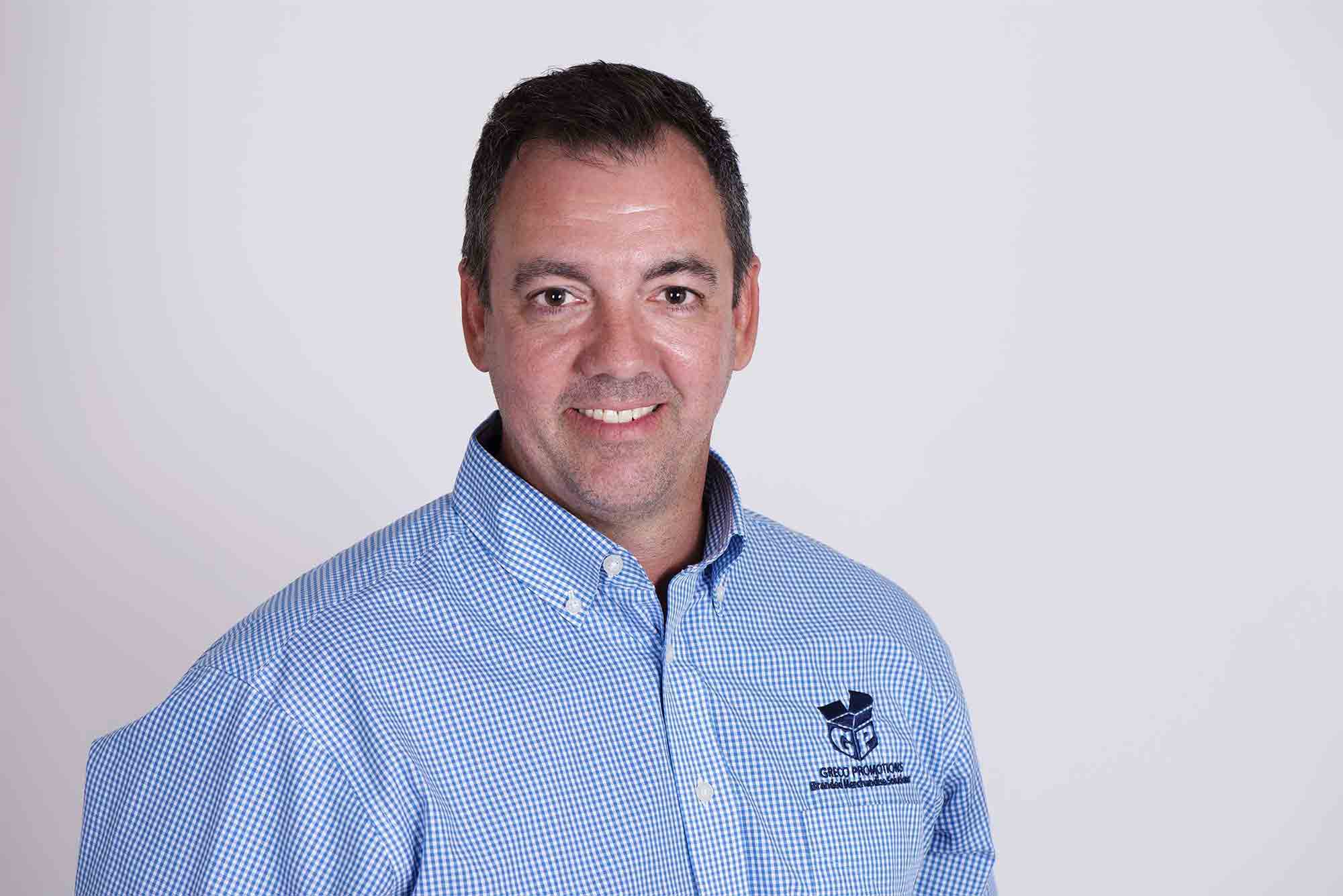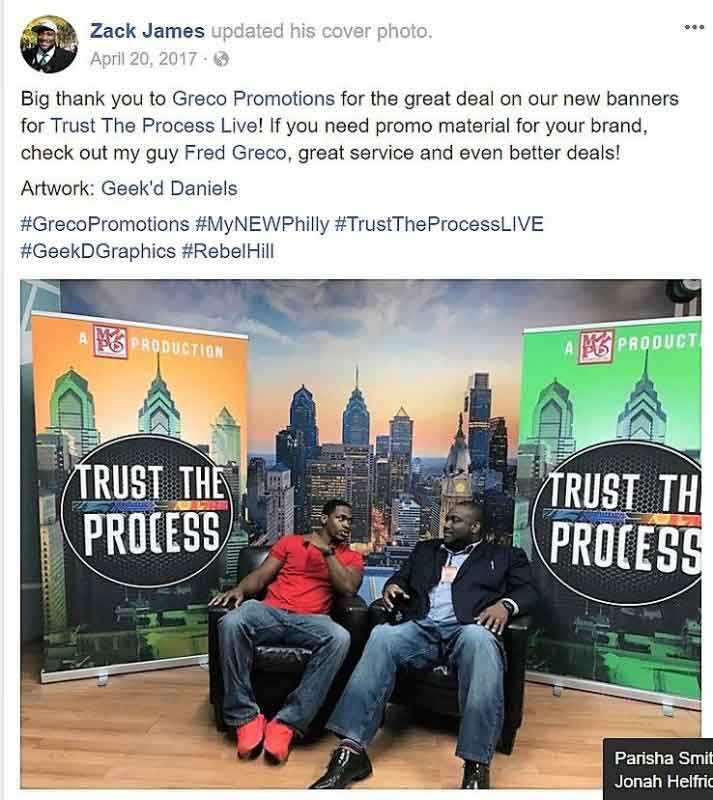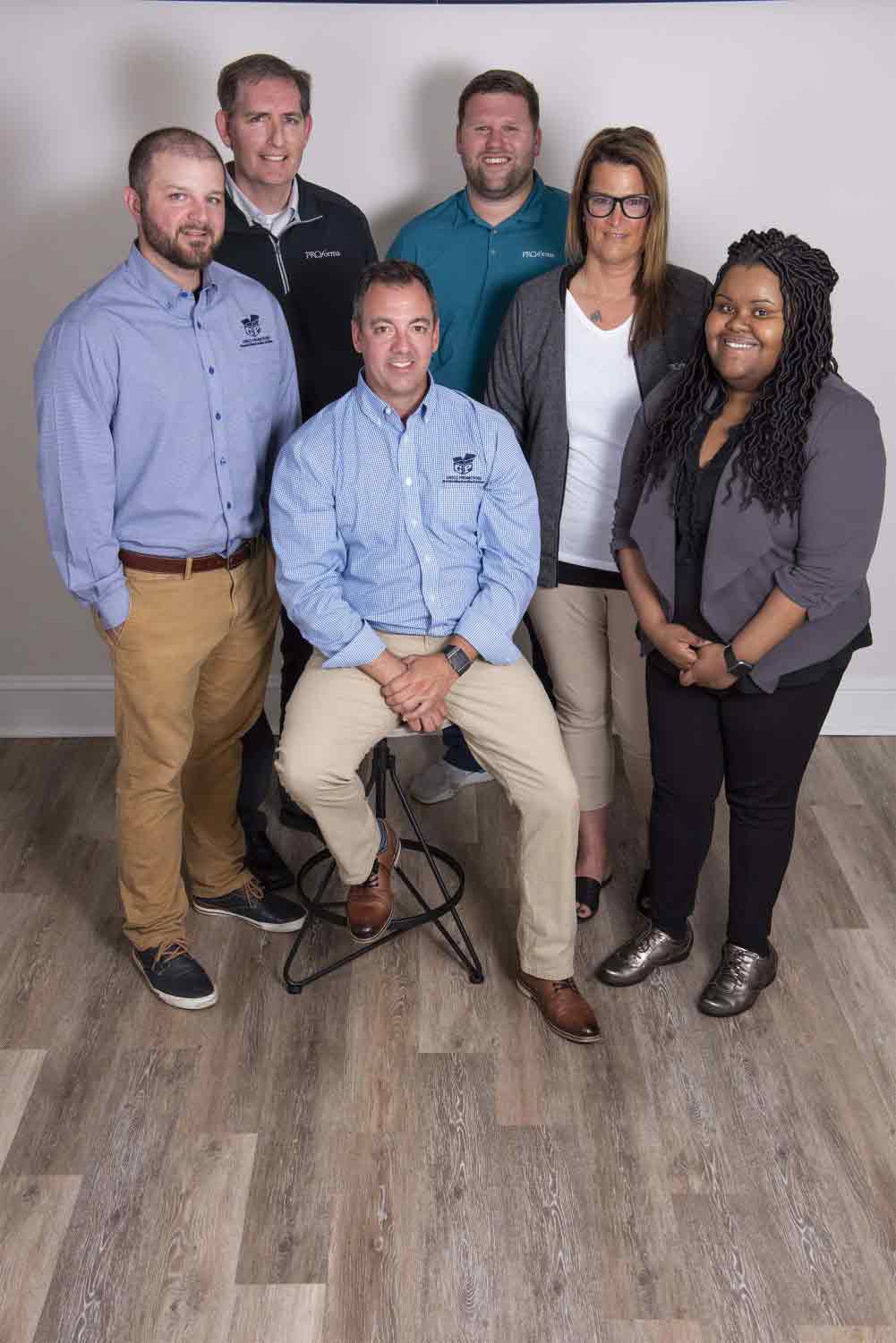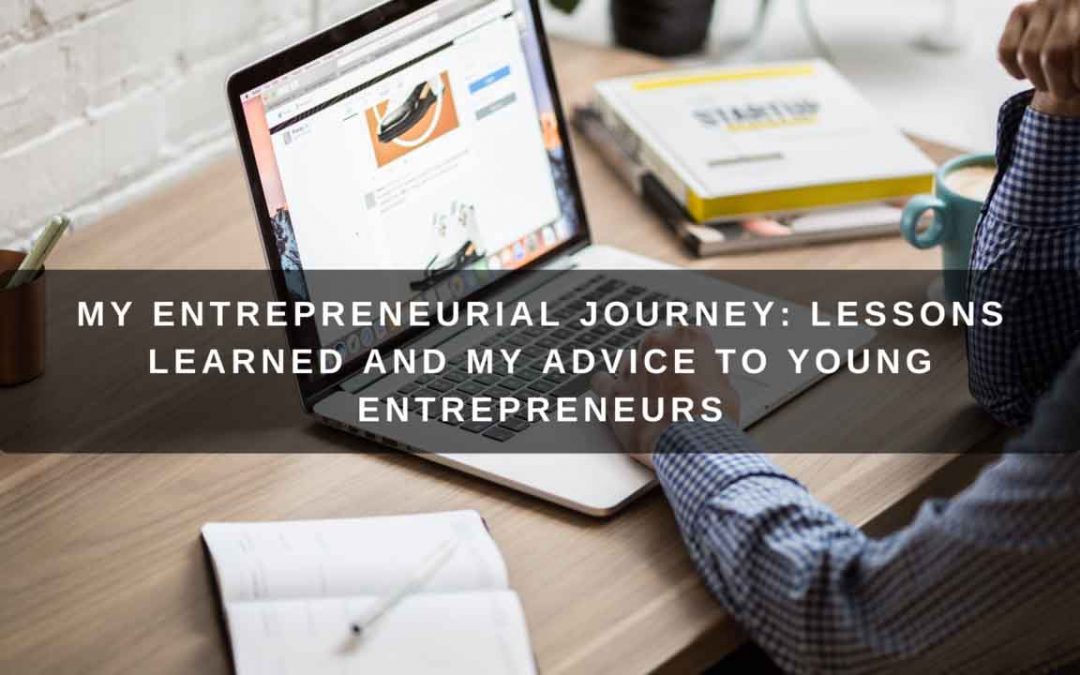It’s been over 18 years since I left the corporate world and began with my entrepreneurial journey. It’s been challenging, but definitely full of learning and absolutely rewarding.
So today, I thought I’d share with you how I got where I am now, and what lessons I learned along the way.
It all started with a customer’s search for an imprinted towel
I held a management position at Chelsea Piers from 1998 to 2001. We organized team-building activities and golf outings. That gave me an idea that I could entertain these clients around corporate outings.
In one of the corporate golf events we’ve organized, somebody asked me for an imprinted towel and at the time, I had no idea how to do that. Eighteen years later, all we do is merch an apparel. We do not run corporate golf outings anymore.

We were getting some really good
clients who ordered year after year
through Global Golf Events, but
they thought of us as a golf
company. So in 2004, we started
on pushing on the apparel side, t-shirts,
uniforms and our customers
then knew that we’re a lot more than just golf.
Because there was no business in the 4th and 1st quarters, we have to adapt. We realized that by doing one order a year, we were pretty much doing their corporate branding and logoed apparel for their organizations.
How we built our presence in the early days
In the early days, we just made a lot of cold calls trying to introduce ourselves to potential clients. I also used my network, which I made at Chelsea Piers, to try to get me started. What really helped us was early SEO when we built the online store. SEO was a lot easier to navigate back then. It’s not anything like that today, but that’s how we promoted our companies in the early days.
We did a lot of things on a national scale and from the local scale. We worked on our local presence through partnering with other organizations and sponsoring different activities through the community. That’s how we created our presence.

When I started Global Golf Events, I never thought I’d be doing merchandise and apparel for organizations. I thought I would be running golf tournaments.
“As an entrepreneur, you should be quick to adapt to changes if you want to build a thriving business.”
What does it take to be successful in this industry?
- You have to stay top of mind with your target, your leads and your clients for orders, reorders and referrals.
- You must have good supplier relationships. Just like with your clients, you also need to build that trust with your suppliers.
- You have to build the confidence and trust of your buyers because they’re counting on you. Think about it, If you’re running a company-wide event and the shirts come in the wrong color or wrong number, that falls on you.
[bctt tweet=”“As an entrepreneur, you should be quick to adapt to changes if you want to build a thriving business,” says @FredWGreco”]

[On the photo above: Fred Greco recently joins Proforma]
In our world, just because you got the tracking number from UPS doesn’t mean it’s going to be delivered on time. There could be a storm in the middle of the country. It could miss a plane, so you really don’t know until you know that the package or box is actually signed.
The most challenging part is when something that you have no control over goes sideways. That could be a shipment, a misprint or wrong piece of merchandise.
Having your support team stay on top of the order from portal entry to actual delivery is how you can prevent it. There are literally many pieces to the entire process. We use a checklist with over 10 steps that we go through for each order to ensure that the order is delivered perfectly and on time.
On building a reliable remote team
Just like our customers trust us, we trust our team. That means working together as a team with a lot of communication, lots of huddles, lots of learning, on-the-job learning — just trying to constantly grow and learn from each other.
We teach our team to constantly get better every day. We use actual examples in our meetings, and we discuss real-life situations and how we handle those, so we know that next time, we won’t make the same mistakes.
The whole back office team is from the Philippines. But I feel that they’re in the same office with me. I chat with them, hang out with them online constantly, whether something is going wrong or when I’m most satisfied with what’s going on.
Every morning at 10:30 a.m., everybody gets online and we talk to each other. I see everybody in a meeting; everybody sees me. We’re having our daily huddle. They’ve been trained so well that they know what to do even without me to constantly guide them.
[bctt tweet=”“One of the keys to succeeding in business is gaining customer trust.”]
In the promotional product industry, building trust — not only with customers but also with suppliers — starts with building a reliable team that works closely together.
My advice to young entrepreneurs
#1. Test the market for opportunity before actually going all in.
First of all, it’s easier to partner with someone you trust than try to do it all. It’s important to follow a role model or company. See what they’re doing well and what they’re not doing well. Do the same thing that they’re doing well until you find what works well for your own business and for your own market.
[bctt tweet=”My advice to young entrepreneurs: Test the market for opportunity before actually going all in, says @FredWGreco”]
#2. Have a close eye on your cash flow.
First ten years for me — it’s still not easy. Make sure you have your capital, your cash flow. I think the most important thing for new entrepreneurs is cash flow and how you’re generating that cash flow.
[bctt tweet=”My advice to young entrepreneurs: Have a close eye on your cash flow, says @FredWGreco”]You need to be able to have a close eye on your cash flow and looking at your bank account every day to see what’s going in and what’s going out. That’s really important when you’re starting.
#3. Concentrate on the 80/20 rule.
80% of your business will come from 20% of your customers. Make sure you’re targeting those 20%. If you have good customers, ask them why they decided to do business with you, instead of the competition — those things are the things you can’t buy, you can only learn that from your customers.
[bctt tweet=”My advice to young entrepreneurs: Concentrate on the 80/20 rule, says @FredWGreco”]Finally, remember this: If you believe in your dreams and you really want to make it work, you’ll find a way.

